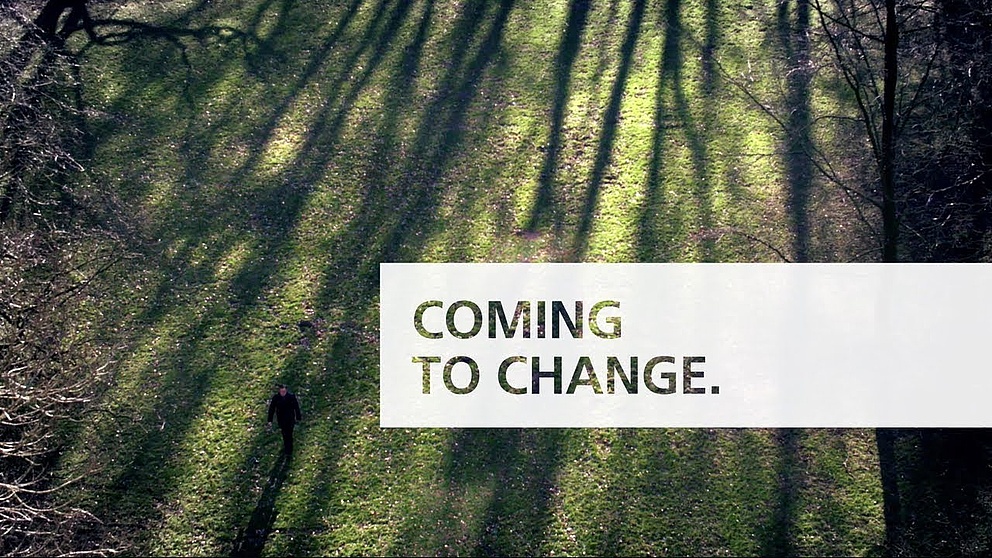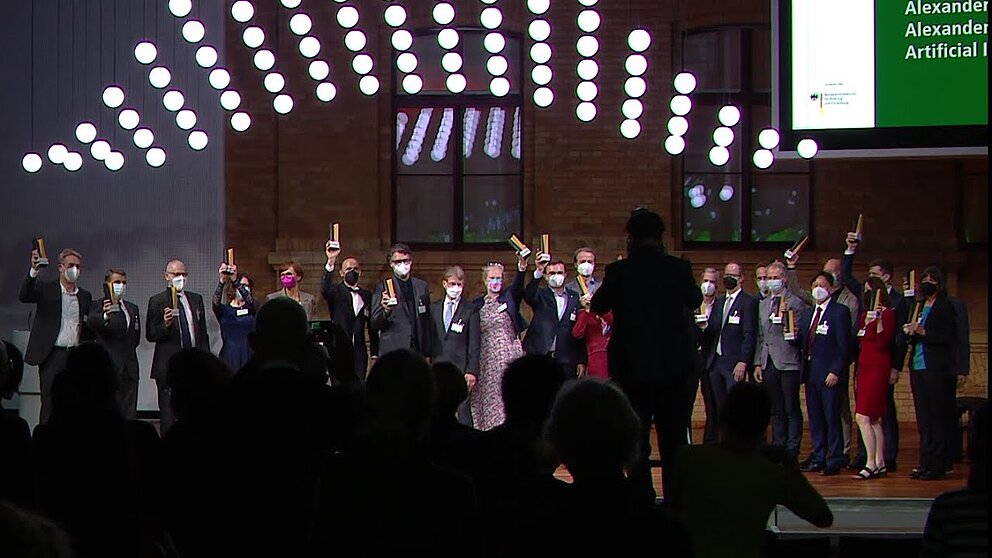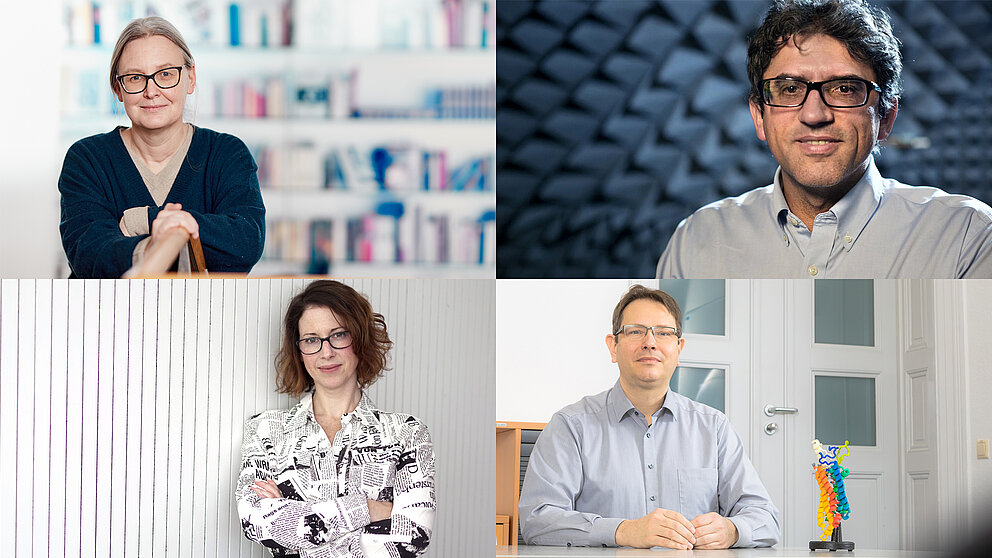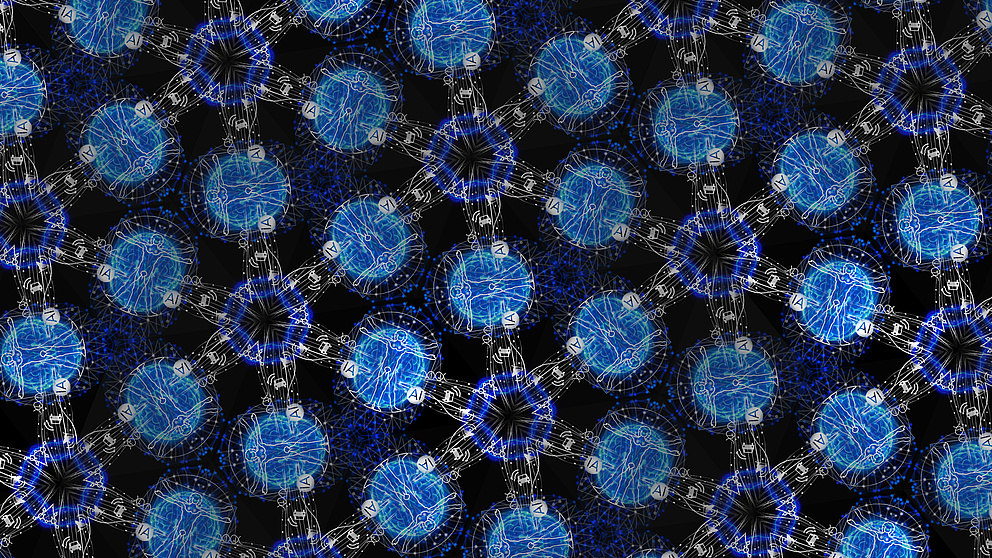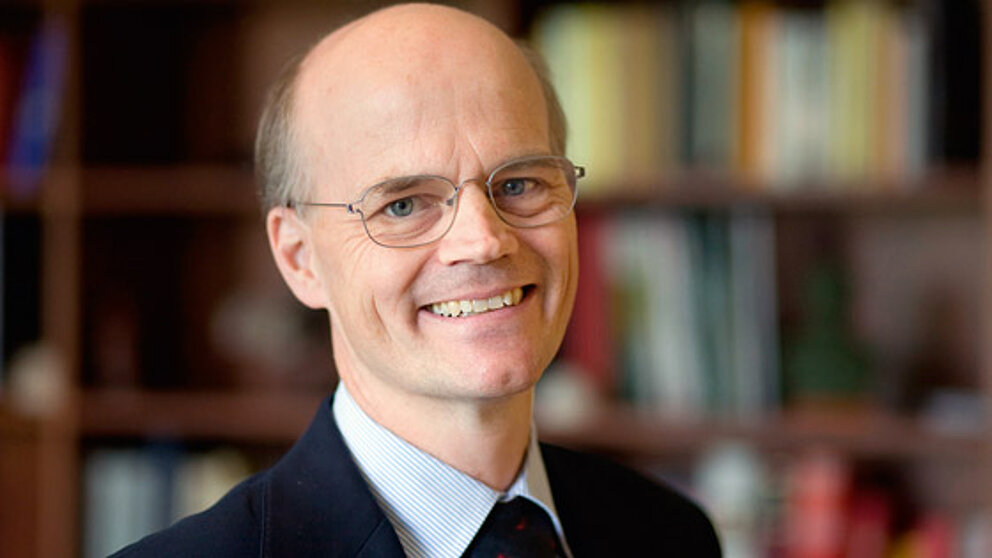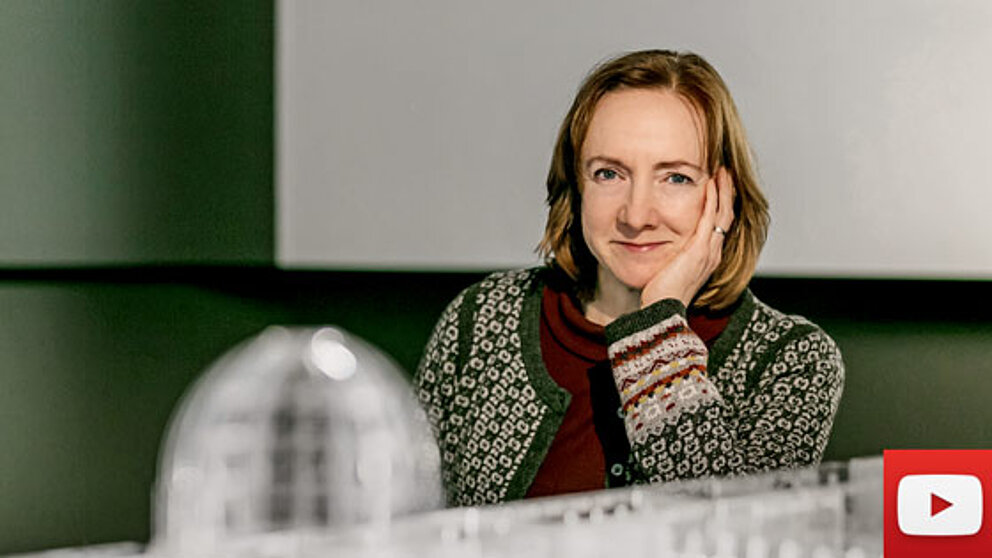Jump to the content
- {{#headlines}}
- {{title}} {{/headlines}}
Humboldt Professorship: International researchers at German universities
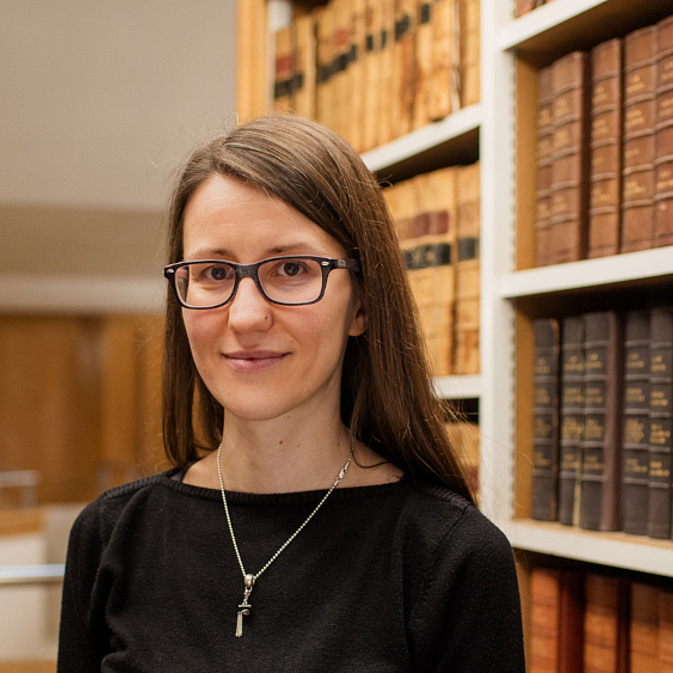
Sandra Wachter | Law and AI
A technology law expert, Sandra Wachter is invited to work on the development of ethical and legal AI expertise in business and society in Germany. With her cutting-edge research on AI regulation, she will reinforce Potsdam’s international competitiveness. More
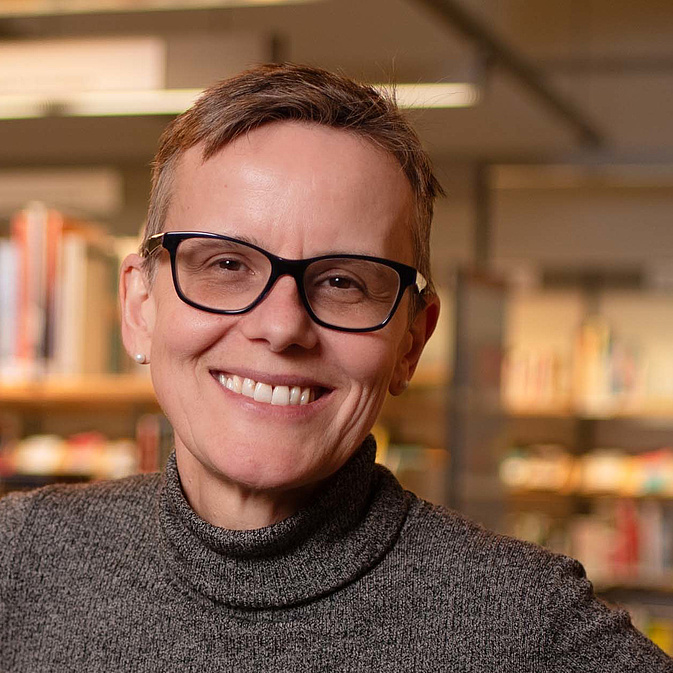
Ingrid Piller | Sociolinguistics
Ingrid Piller has had a lasting influence on applied linguistics. Her research into linguistic diversity and intercultural communication radiates well beyond her specialist field and has an impact on disciplines such as sociology, history and educational science. More
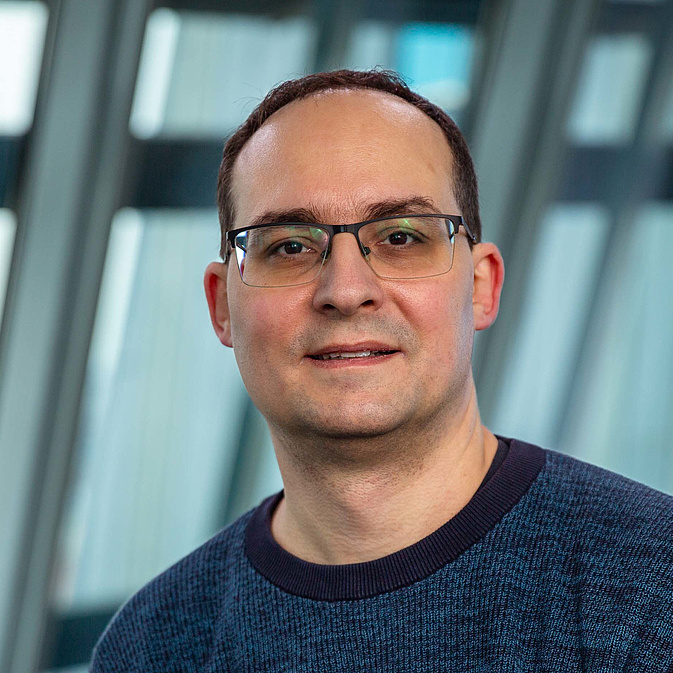
Daniel Kráľ | Mathematics / Computer Science
Daniel Kráľ is a top researcher in discrete mathematics. He has succeeded in solving mathematical problems and conjectures that had been open for decades. More
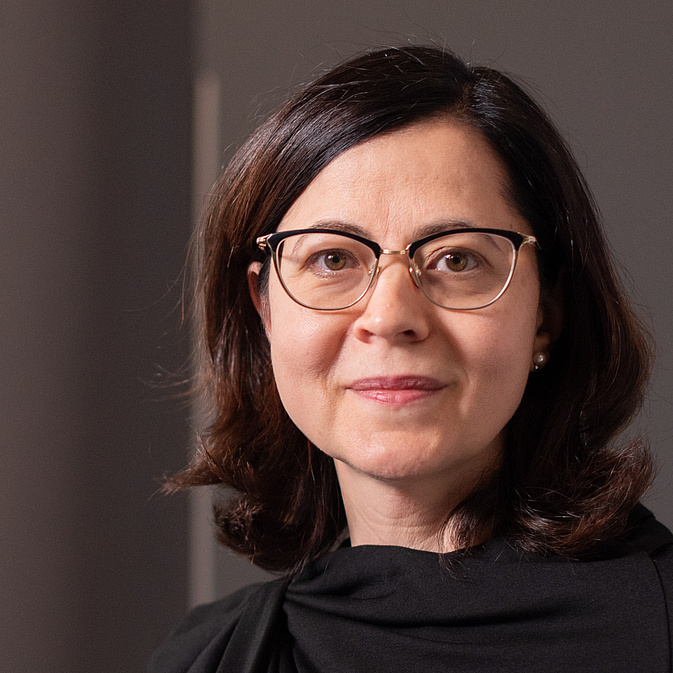
Dana Branzei | Molecular biology
Molecular biologist Dana Branzei examines mechanisms of DNA repair. Her outstanding research results contribute to the fundamental understanding of cancer development and therapy. More

Andreas Winter | Quantum information
Andreas Winter is a distinguished mathematician and expert on quantum information theory. His research focuses on the mathematical principles of quantum information. By appointing Winter, the University of Cologne wants to continue developing its computer science department with a focus on quantum informatics. More

